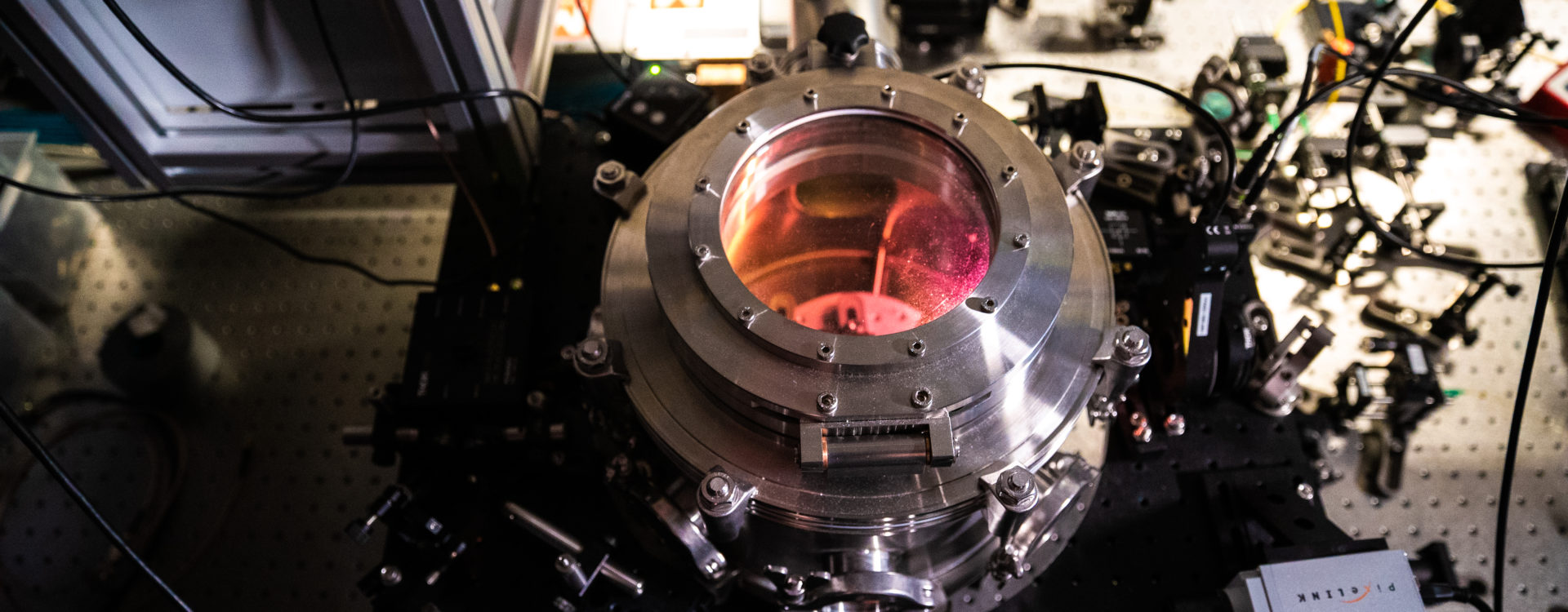The Sydney quantum community are after bright minds to work on the next breakthroughs in quantum science and technology.
Research projects on offer
Our Sydney network of quantum experts are seeking PhD, Honours and Master students to work on various quantum science and technology research projects. Projects suit both experimentalists or theorists and driven individuals with backgrounds across a range of disciplines such as physics, computer science, engineering, chemistry or mathematics.
Applications for the Master of Research Scholarships at Macquarie University are now open to domestic students from any discipline—but your project must explore a quantum-related topic. Please refer to the project list below—note that it is not exhaustive. Applicants are also welcome to propose their own quantum-related research projects.
Our PhD scholarship program offers an array of research projects spanning quantum science and technology across our partner universities. To find a research project, filter projects by university or research specialisation at the PhD level. Please note this list is not exhaustive. You can also use our database to search for experts/supervisors based on their research interests and discuss other opportunities. We recommend contacting a prospective supervisor in advance of applying for our scholarship programs.
How to use the filter - view by university, study level or use the general search field to view by quantum research field e.g. communication, sensing or computing/computation.
General search and filters
Complexity and universality in quantum scattering and sampling with PsiQuantum (Future Leaders in Quantum Computing Program)
Prof Peter Turner, Prof Terry Rudolph, Industry placement with PsiQuantum
This project would suit: A mathematically sophisticated student who is interested in the quickly growing field of quantum technologies.
Coupling electron and hole spin qubits in silicon with Diraq (Future Leaders in Quantum Computing Program)
Scientia Professor Alexander Hamilton , Stef Tardo, Diraq (Partner Investigator)
Design of fault-tolerant protocols with PsiQuantum (Future Leaders in Quantum Computing Program)
Prof Andrew Doherty , Prof Stephen Bartlett, Dr Sam Roberts, Industry placement with PsiQuantum
This project would suit: A student with an interest in mathematical and analytical problems, and a background in physics, mathematics, or related areas. Some experience with numerical methods would also be beneficial.
Developing high speed quantum control systems for silicon qubit chips with Diraq (Future Leaders in Quantum Computing Program)
Scientia Professor Alexander Hamilton , Wee Han Lim, Diraq (Partner Investigator)
Integrating nuclear spins with quantum dots in silicon with Diraq (Future Leaders in Quantum Computing Program)
Scientia Professor Andrea Morello , Stefanie Tardo, Industry placement with Diraq (Partner Investigator)
This project would suit: This project is ideal for candidates with a strong background and interest in quantum engineering and quantum physics.



